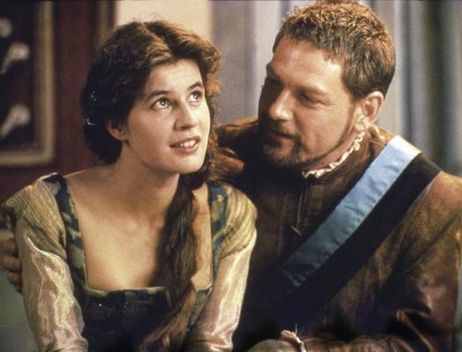

I will be hang’d, if some eternal villain, On a number of occasions, her earthiness is contrasted with Desdemona’s other-worldly virtue: She is not above a bit of petty thieving (even from Desdemona), and a bit of lying too. And what we have seen of Emilia, she is no saint. It is a line that only a saint could speak and actually mean. Where did this come from? It’s an extraordinary line, indicating that the willingness to suffer hurt is in itself a “power”, and, in this instance at least, a power greater even than the power to inflict hurt. Thou hast not half that power to do me harm And then she speaks a line that has resonated in my mind for many years now: Even when, on her own, she faces the fierce Othello, who has just murdered his wife and is openly threatening to murder her also, she is unafraid: “Do thy worst!” she dares him. And she sacrifices her life for what she understands to be the truth. It is, of course, in the final scene that she comes into her own, expressing a distress at the tragic events of the drama that makes the reaction of everyone else on stage seem merely lukewarm. She seems me nowadays one of the drama’s principal actors, and not merely in terms of the plot.

She is not, in short, regarded as one of the major players in the drama. Even Verdi and Boito, in their opera, reduced Emilia’s part to only the odd line here and there. Emilia is seen merely as Iago’s wife and Desdemona’s maidservant, whose sole purpose in the play is to nudge the plot along, and help unravel it in the last scene. When we speak of past productions we have seen of Othello, we remember who played Othello, Desdemona, Iago.


 0 kommentar(er)
0 kommentar(er)
